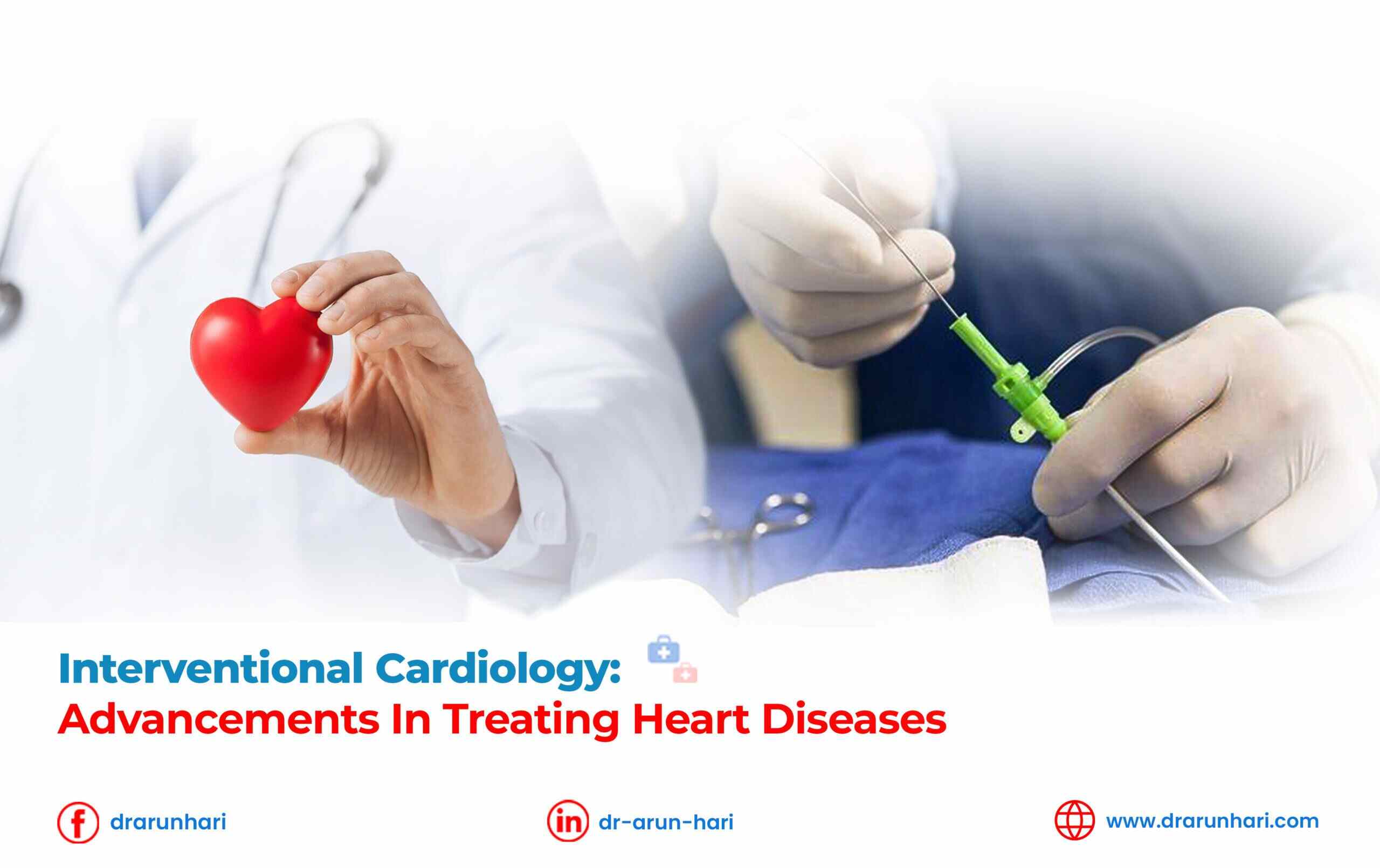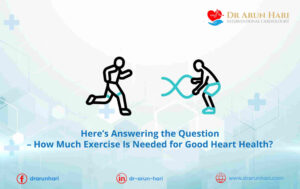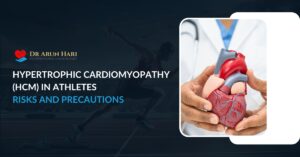Comparison between Interventional Cardiology and Cardiothoracic Surgery
Specializations of Interventional Cardiologists
Tests Ordered by Interventional Cardiologists
About the Interventional Cardiac Procedure
Procedures That Interventional Cardiologists Perform Usually
Diseases/Conditions Treated by Interventional Cardiologists
Cardiovascular diseases continue to be a leading cause of mortality worldwide, emphasizing the need for effective & innovative treatments. Different types of heart diseases and various sorts of heart conditions happen to be the most striking cause of deaths all around the world. One field that has revolutionized the management of heart conditions is interventional cardiology. This branch of cardiology focuses on diagnosing & treating cardiovascular diseases using minimally invasive techniques. Let us explore this advanced medical world of interventional cardiology, the basic procedure(s) performed under this medical domain, and the impact of the same on patient cure & care.
About Interventional Cardiology
This happens to be a subspecialty of cardiology dealing with treatments that are catheter-based for different types of heart conditions. Unlike traditional open-heart surgery, interventional cardiology employs minimally invasive procedures, which involve small incisions or punctures in the skin. These procedures are guided by advanced imaging techniques, such as fluoroscopy or ultrasound, to visualize and treat the affected areas of the heart. Owing to the varied benefits interventional cardiology offers, more and more heart patients today are preferring this over other conventional methods.
Comparison between Interventional Cardiology and Cardiothoracic Surgery
In contrast to cardiothoracic surgery, which requires invasive surgical techniques and involves opening the chest cavity; interventional cardiology relies on catheters, stents, and other devices inserted through blood vessels to reach the heart. This approach offers several advantages, including reduced trauma, shorter recovery times, and decreased risk of complications. However, it is crucial to note that there are cases where surgery may still be the preferred treatment option, depending upon the nature & severity of the patient’s cardiovascular condition.
Specializations of Interventional Cardiologists
A provider in interventional cardiology specializes in the diagnosis & treatment of a wide range of heart diseases. They are skilled in performing various interventional procedures to restore blood flow, remove blockages, and repair damaged or weakened structures within the heart. These specialists work closely with other healthcare professionals, including non-invasive cardiologists, cardiac surgeons, and radiologists, to provide comprehensive care to patients with complex cardiovascular conditions.
Tests Ordered by Interventional Cardiologists
To evaluate & diagnose heart conditions, interventional cardiologists may order or perform a battery of tests. These tests can include electrocardiograms (ECGs), stress tests, echocardiograms, cardiac catheterization, angiograms, and computed tomography (CT) scans. These diagnostic tools help the cardiologist understand the extent of the disease, identify blockages or abnormalities, and determine the most appropriate treatment approach.
About the Interventional Cardiac Procedure
The hallmark of interventional cardiology is the interventional cardiac procedure. This procedure aims to restore blood flow to the heart, relieve symptoms, and improve the overall function of the cardiovascular system. Some common interventional procedures include coronary angioplasty with stent placement, transcatheter aortic valve replacement (TAVR), percutaneous coronary intervention (PCI), and structural heart interventions like closing congenital heart defects or repairing faulty heart valves.
Procedures That Interventional Cardiologists Perform Usually
Among the various interventional procedures, coronary angioplasty with stent placement is one of the most frequently performed by interventional cardiologists. This procedure involves threading a catheter with a deflated balloon through a blood vessel to the blocked or narrowed coronary artery. Once the balloon reaches the affected area, it is inflated to open up the artery, and a stent (a small wire mesh tube) is inserted to maintain the vessel’s patency, ensuring proper blood flow.
Diseases/Conditions Treated by Interventional Cardiologists
Interventional cardiology treats a broad range of heart diseases & heart related conditions. These include valvular heart disease, coronary artery disease, congenital heart defects, heart attacks, peripheral artery disease, and even structural heart abnormalities. By providing minimally invasive alternatives to surgery, interventional cardiology offers new hope for patients who may not be eligible for traditional open-heart surgery or prefer less invasive treatment options.
Interventional Cardiologists Working Sectors
Providers in interventional cardiology can work in various healthcare settings. They may be found in hospitals, specialized cardiac centres, or private clinics, where they collaborate with multidisciplinary teams to deliver comprehensive cardiovascular care. These teams often include cardiac surgeons, non-invasive cardiologists, cardiac electrophysiologists, anaesthesiologists, and dedicated nursing staff who work together to ensure optimal patient outcomes.
Contact the Best Interventional Cardiologist, Doctor Arun!
In conclusion, interventional cardiology has transformed the landscape of cardiovascular care by offering minimally invasive procedures to diagnose & treat heart diseases. Through advanced imaging techniques & catheter-based interventions, interventional cardiologists provide effective solutions to restore blood flow, repair structural abnormalities, and alleviate symptoms. With ongoing advancements in technology & techniques, this field continues to evolve, providing patients with improved outcomes and a better quality of life. For any symptoms, you should get in touch with the best interventional cardiologist, Doctor Arun, at the earliest! He will ensure that you get the best medical advice and treatment thereafter if the need be like! Your heart will be in his safe hands of cure & care!





